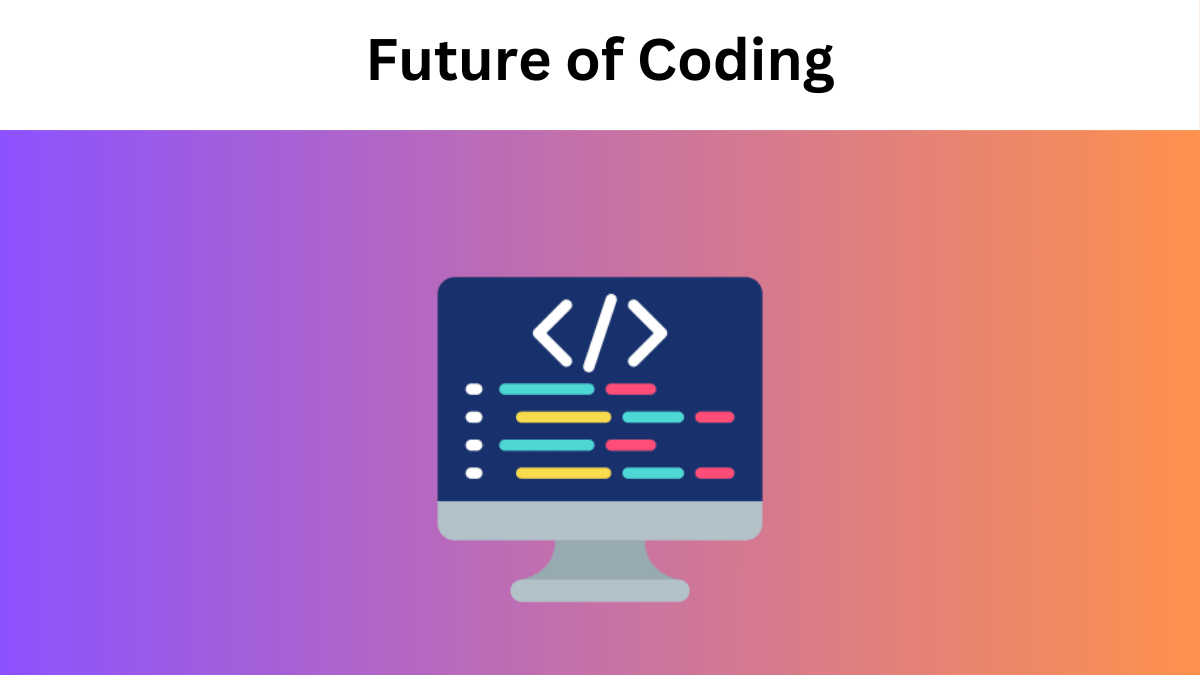The Future of Coding: AI Innovations That Are Changing Software Development
As the future of coding unfolds, AI’s potential seems limitless. It’s no longer just a buzzword thrown around in tech circles—it’s reshaping how developers think, design, and execute their projects. And if you’re in the coding world, you’ve likely noticed how rapidly AI developer tools are evolving.
Contents
So, what exactly does this mean for developers today and tomorrow? Let’s check out the AI-driven changes transforming software development.
1. Automation
Let’s be real for a moment: coding can be repetitive. Sometimes you’re doing the same tasks over and over again, and as a developer, that can drain your energy and kill creativity. This is where AI steps in to take over the tedious bits. Instead of writing the same basic functions or testing code repeatedly, AI can handle these tasks for you.
Tools powered by AI can now write boilerplate code or even generate entire code blocks based on natural language prompts. Imagine typing in, “Create a function to calculate the average of an array,” and boom—your code is written for you. No need to reinvent the wheel. This doesn’t just speed up the process; it allows developers to focus on what really matters: problem-solving and innovation.
2. Debugging Gets Smarter
Ah, debugging—the bane of every developer’s existence. It’s frustrating when you’re knee-deep in code and just can’t figure out where that one annoying bug is. We’ve all been there, spending hours tracking down a bug that could have been fixed in minutes if only you had the right insight.
AI is revolutionizing the debugging process. Smart debugging tools can now analyze code patterns and suggest fixes, often pinpointing issues that might not be immediately obvious. These tools use machine learning to understand your code structure and detect anomalies much faster than a human might. That dreaded task of sifting through thousands of lines of code for a misplaced semicolon? AI has got your back.
3. Personalized Code Suggestions
Have you ever wished your code editor knew what you wanted to write next? AI-powered code suggestion tools are making that wish a reality. These tools are getting smarter by the day. They analyze your coding style, the context of the project, and even the libraries you use to suggest the next logical code snippet.
It’s like having a co-pilot who’s right there with you, anticipating your needs. Whether you’re using an IDE like Visual Studio Code or GitHub’s Copilot, these tools can predict the functions, variables, and even algorithms you’re most likely to need. It’s not just about convenience—it can save you hours of mental strain trying to remember syntax or the best way to structure a function.
4. AI-Powered Collaboration and Code Reviews
Teamwork makes the dream work, right? Well, coding teams know that collaboration is key, but it can also be challenging. Different people have different coding styles, which can sometimes create inconsistencies in a project. That’s where AI comes in to smooth things out. That’s where no-code AI comes in to smooth things out.
AI-enhanced code collaboration tools analyze each team member’s code and can suggest improvements based on the project’s overall structure. It’s like having an always-available code reviewer, offering tips on best practices, spotting potential security vulnerabilities, and flagging inefficiencies. The best part? These AI-driven suggestions aren’t intrusive—they integrate seamlessly into your workflow, providing advice when needed, not disrupting the creative process.
5. The Rise of AI-Generated Code
The idea of AI writing entire software applications might sound futuristic, but it’s already happening. AI models like OpenAI’s Codex (the engine behind GitHub Copilot) can generate code from simple text descriptions. This is a game-changer, especially for non-developers who want to create applications without diving deep into programming.
Imagine telling an AI, “Create a mobile app for tracking my workouts,” and it not only builds the front-end interface but also handles the backend logic. We’re not at the point where it’s flawless yet, but the trajectory is clear. Soon, AI-generated code will enable faster prototyping and the creation of applications that would have taken days, even weeks, to manually code.
However, there’s still a lot of debate over whether this will ever fully replace human developers. While AI can handle simple and repetitive tasks, complex problem-solving, creativity, and high-level design remain firmly in humans’ hands. The future will likely see a partnership between human ingenuity and AI’s efficiency.
6. AI in Software Testing and Quality Assurance
Beyond coding, AI is also making huge strides in software testing and quality assurance (QA). AI-driven testing tools can predict potential weak points in code and generate test cases automatically. They learn from past issues to detect new vulnerabilities, which is especially useful in large, complex applications where manual testing is time-consuming and error-prone.
In the near future, AI could become a core part of the QA team, tirelessly running simulations and stress tests to ensure software is as robust and bug-free as possible. This would lead to faster releases, fewer bugs in production, and overall higher quality products. It’s exciting to think about how this will impact industries like fintech, healthcare, and more, where software quality is critical. A Generative AI Course can help professionals prepare for this transformation.
Conclusion
The future of coding is undeniably exciting. AI is taking over many of the mundane tasks that developers used to dread, allowing them to focus more on creativity, problem-solving, and innovation. It’s changing the landscape of software development, from smart code suggestions to automated testing, and AI-driven collaboration tools are making life easier for everyone involved.
But it’s important to remember that AI is not here to replace developers—it’s here to empower them. Embracing these AI innovations will help you stay ahead of the curve, making you a more efficient and effective coder.
So, don’t fear the rise of AI in coding; embrace it, because the future of software development is all about collaboration between humans and intelligent machines.
